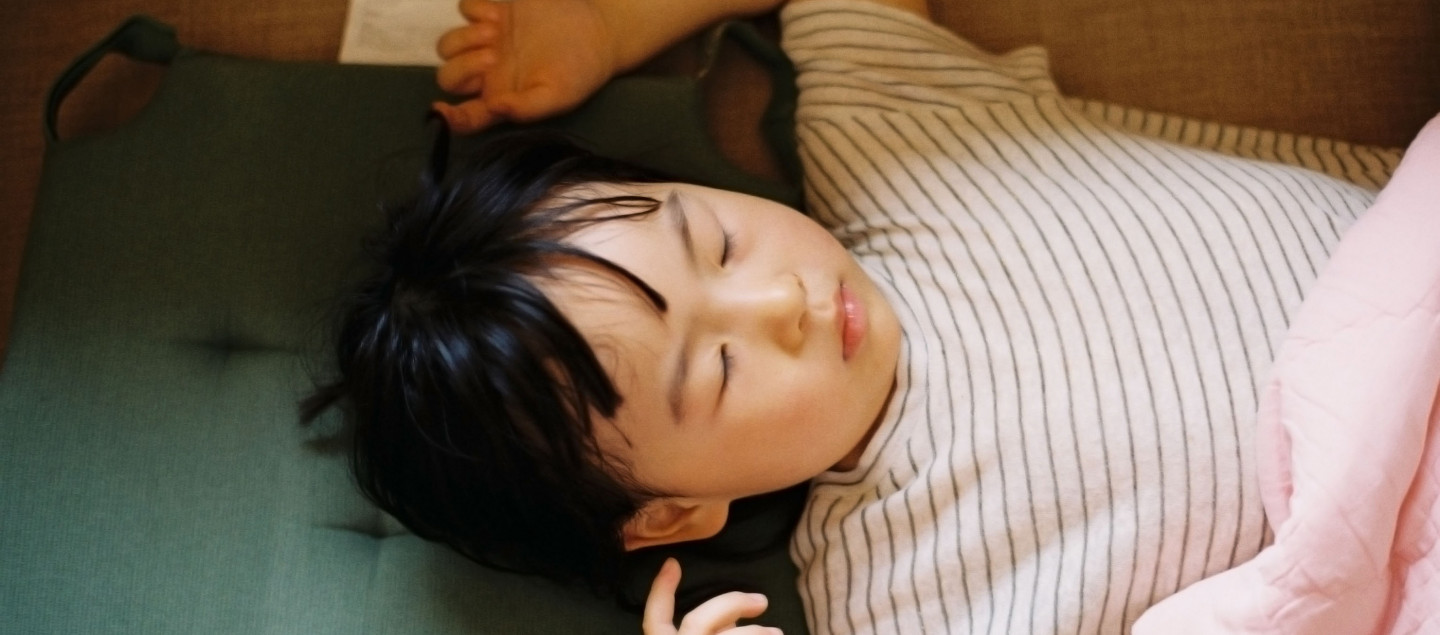As children prepare to return to school, make sleep a priority

Families are gearing up for a new school year. New grades, new teachers and new schedules are on the horizon.
To accommodate the shift from summer break, consistent bedtime routines are crucial. Many kids — and adults, for that matter — don’t get enough sleep. On average, high school students need between seven and 11 hours of sleep. For younger kids, even more time is needed: 12 hours for school-age kids, 13 hours for preschoolers and close to 14 hours for toddlers.
With homework, activities, increased screen time and other demands, it’s harder than ever to make sure children get enough sleep. But it’s vital to their development. Sometimes behavior problems or problems at school seem to come out of nowhere, but often it’s as simple as sleep deprivation, said Diane Bales, an associate professor of human development with the UGA College of Family and Consumer Sciences and UGA Cooperative Extension.
Signs of sleep deprivation
There are several symptoms that can clue parents into whether their child is getting enough sleep.
“Irritability, being hard to wake up in the morning, complaining about being tired, falling asleep in the middle of things and lack of concentration are all symptoms of sleep deprivation,” Bales said. “Even excessive energy can be a mechanism that kids use to keep themselves awake.”
There may be long-term physical effects of lack of sleep, such as obesity in adults.
"Although research about sleep deprivation and obesity risk has not been done in children, it would make sense that the research would apply to children as well,” Bales said.
Causes of sleep deprivation
There are many reasons why people don’t get enough sleep. The one usually cited is that they’re too busy.
“Lots of kids of many different ages do a lot of things,” Bales said. “But a lot of people don’t understand the importance of sleep, and how damaging it is to not get enough sleep, so they don’t prioritize it.”
Technology also plays a growing role in keeping kids up too late, she added.
Light from cellphones and other electronic devices can make falling asleep difficult. Things seen or read online can create overstimulation.
It’s easy for kids and adults to get drawn into games, conversations and other sources of online engagement before bed. That time online can eat into sleep time and make it harder for adults and children to fall asleep after they turn off their devices.
Even without electronic interference, sometimes it’s simply hard to wind down after sports practice or hours spent on homework, even if enough time is allotted for sleep.
Sleep solutions
Building schedules and routines is key to making sure kids get enough sleep. Parents should establish this by counting back from the time the kids need to leave for school.
“If the child needs 10 hours of sleep, you have to back up 10 hours from that wake-up time, and the child needs to be in bed by then,” Bales said.
The other piece of the bedtime puzzle involves setting up routines that help kids relax.
“It's key to plan out when they need to have a bath, when to turn off electronics and what routine is going to help the child wind down,” she said.
Building a bedtime routine will also help kids ease back into school.
“Parents need to start early in the summer,” Bales said. “A lot of times, kids get off their normal sleep schedule during summer break. Parents shouldn't wait until school starts to make that adjustment back to the school year bedtime routine.”
Bales suggests backing up the bedtime by 15 minutes every few days for a few weeks.
When parents create a bedtime routine, they should think back to advice from their parents and grandparents.
“It’s about turning down the lights, reading a book, taking a warm bath and having some kind of a ritual that’s part of bedtime,” she said.
This article was written by Christina Conner with the UGA College of Agricultural and Environmental Sciences.
In this category: Family
-
Multidisciplinary FACS team receives $6.1 million grant to aid Georgia families
Elevate Couples Georgia team seeks to deliver Healthy Marriage and Relationship Education program to 1,300 couples

-
Kogan recognized for advancing family-centered prevention science
Professor honored by Society of Prevention Research for decades of work related to families

-
Geier named college’s first associate dean for research
HDFS professor will enhance college's research infrastructure

-
Hargrove named assistant director of UGA Love and Money Center
Licensed marriage and family therapist will teach graduate-level courses and lead outreach efforts

-
Lack of sleep disrupts key brain functions in adolescents
More sleep could protect children’s mental health
